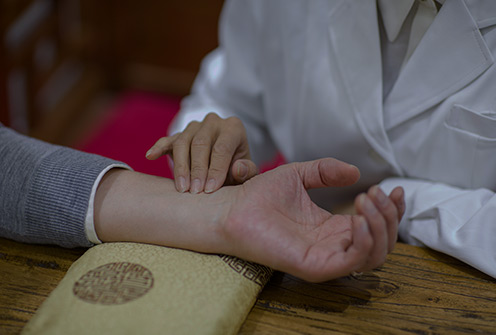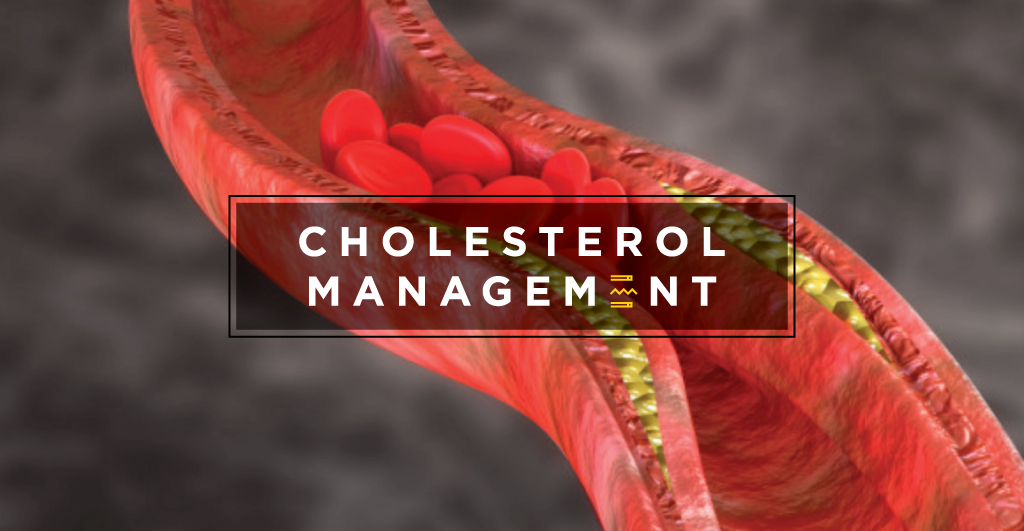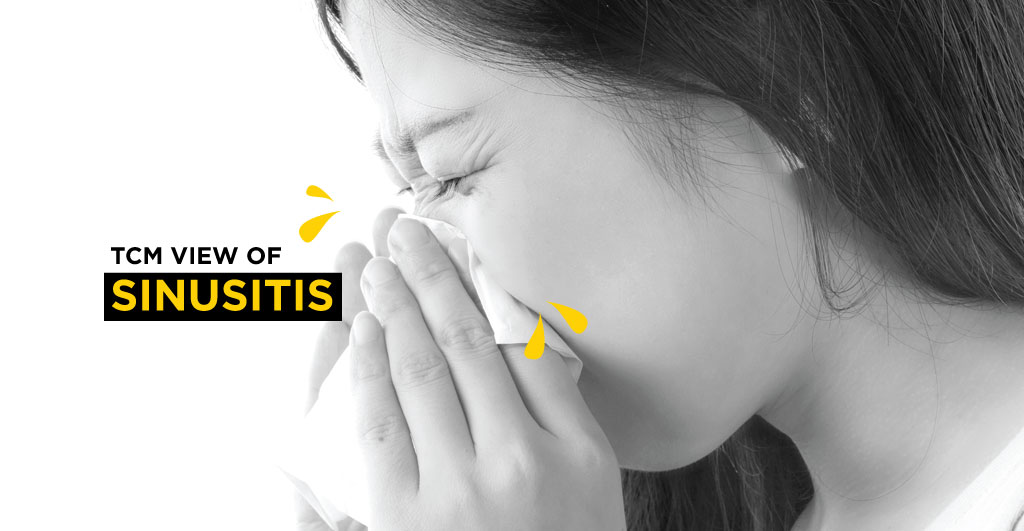What is cholesterol?
Cholesterol is a waxy substance and it is a crucial building block in cell membranes.
Cholesterol comes from two sources. Your liver makes about 80% of the cholesterol you need to stay healthy. The remaining 20% of the cholesterol in your body comes from the food you eat.
Two types of lipoproteins carry cholesterol to and from cells.

It is in charge of delivering cholesterol to tissues and is strongly associated with fatty build-ups in the arteries (atherosclerosis). This narrows the arteries and increases the risk of stroke, heart disease or peripheral artery disease.

It carries excess cholesterol away from the bloodstream and back to the liver to be broken down and removed from the body. Higher levels of HDL is associated with a lower risk of heart disease.
If your total cholesterol level registers at 6.2 mmol/L and above, you have hypercholesterolaemia.
High levels of cholesterol can increase the risk of heart disease or stroke.
TCM View on Cholesterol
According to Chinese medicine, the following are the most common health imbalances associated with cholesterol issues.
Spleen deficiency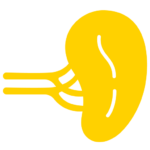 The spleen oversees the intake, processing transformation and distribution of nutrients and fluids from food.
The spleen oversees the intake, processing transformation and distribution of nutrients and fluids from food.
Irregular eating habits, over-consumption of fried, oily food or cold drinks, late night suppers, buffets can weaken the spleen function. The spleen becomes less efficient in the transformation and transportation of fluids, accumulating dampness.
Phlegm and Dampness Qi Stagnation
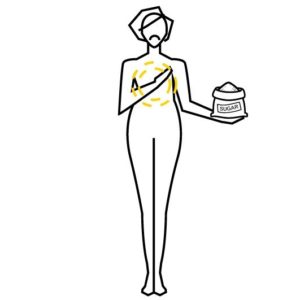 Nowadays, most jobs require us to sit for long hours and there are little or zero physical activities. We consume much more calories than we burn. Hence, the excess calories are stored as fats (phlegm and dampness ) in the body. These affect the qi and blood circulation of the body, resulting in further phlegm and dampness accumulation in the body.
Nowadays, most jobs require us to sit for long hours and there are little or zero physical activities. We consume much more calories than we burn. Hence, the excess calories are stored as fats (phlegm and dampness ) in the body. These affect the qi and blood circulation of the body, resulting in further phlegm and dampness accumulation in the body.
How TCM can Help with Cholesterol
Through a proper consultation and assessment, a TCM physician can diagnose each patient’s unique health imbalances and root causes to his or her cholesterol issue.
TCM treatments using methods such as acupuncture and herbal medication would then be tailored to each patient’s condition.
If you would like to explore Chinese medicine to help manage your cholesterol, we can help. Book an appointment with a PULSE TCM physician today.
TCM Tips to Managing Cholesterol
1. Maintain a healthy weight
There is an old saying, “若要身体安,三分饥与寒”.
Learn to eat until you are 70 percent full.
There is a difference between “ I am full” versus “I am no longer hungry”.
Get started with these easy tips:
- Chew your food (at least 20 times) and eat at a slower pace.
- Remove any distractions like your handphone, TV or any electronic devices and focus on the FOOD. Enjoy and savour the food .
- Use plates with a high contrast in colours or opt for a smaller plate to trick your mind into thinking the portion is larger than it really is.
New research shows that people eat less if there is a higher contrast in colours between the food and the plate.
If the food is darker in colour, using a white plate would provide a higher contrast against the food. This makes you more likely to eat less as the portion looks larger.
For foods that are lighter in colour, opt for a darker plate for a higher contrast.

2. Add Cholesterol-lowering food to your daily diet
- Beans like lentils, chickpeas and kidney beans
Beans are high in soluble fibre that is easily digested into our system. It latches on the sticky globules of cholesterol and guides them safely out of the circulatory system.
- Oatmeal
Oatmeal contains fiber-beta-glucan that can reduce LDL.
- Apple or Citrus fruits like orange, grapes and berries
Citrus fruits contains pectin that keep your circulatory system clear of LDL.
- Fatty Fish- Salmon
Fatty fish contains loads of omega 3 fatty acids that lower the amount of LDL in your blood
- Red yeast rice
Red yeast rice contains natural statins like monacolin K that can lower cholesterol levels.
3. Limit alcohol consumption
According to Healthhub, women should drink no more than 1 standard drink a day and men should limit themselves to 2 standard drinks a day. A standard alcoholic drink contains 10 grams of alcohol, and this can be estimated to be:
- 1 can (330 ml) of regular beer [158kcal]
- Half glass (100 ml) of wine (Glass height = 15cm) [140kcal]
- 1 nip (30 ml) of spirit [89kcal]
4. Weed out trans fats, saturated fats and avoid refined sugars and grains
Foods that are high in saturated and trans fats raise the cholesterol level in the blood, increasing the risk of developing heart disease or stroke.
Some examples of trans fats hidden in common food:
- Fried food like french fries, donuts or hamburgers
- Potato chips
- Popcorn
- Baked goods like cakes, biscuits, cookies or frozen pizzas
5. Exercise regularly
Engage in at least 30 minutes of moderate aerobic exercise at least twice a week. This helps to improve the qi and circulation of the body.
6. TCM food therapy
There are various herbs that exhibit cholesterol lowering properties. Try out these easy tea recipes:

Steps:
- Add boiling water and let it steep for 10 minutes
- Add honey to taste
Drink 3-5 times per week.

Steps:
- Add boiling water and let it steep for 10 minutes
- Add honey to taste
Drink 3-5 times per week.
7. Acupressure massages for cholesterol

Massage 阴陵泉穴 (Yin Ling Quan Point, SP9) to 地机穴(Di Ji Point, SP8)in a downward motion 2 minutes daily.
Location of SP9: On the medial side of the lower leg, in the depression of the lower border of the medial condyle of the tibia.
This helps to reduce dampness of the body.
Note: Information provided is not a substitute for a physician or any form of medical care. Individual symptoms differ due to different body constitutions and diagnosis. One should consult a licensed TCM practitioner for accurate diagnosis and treatment.









